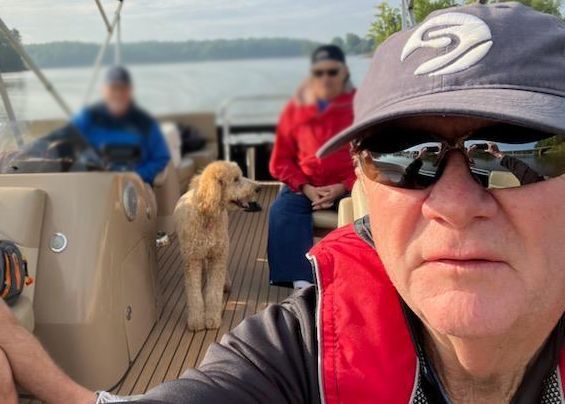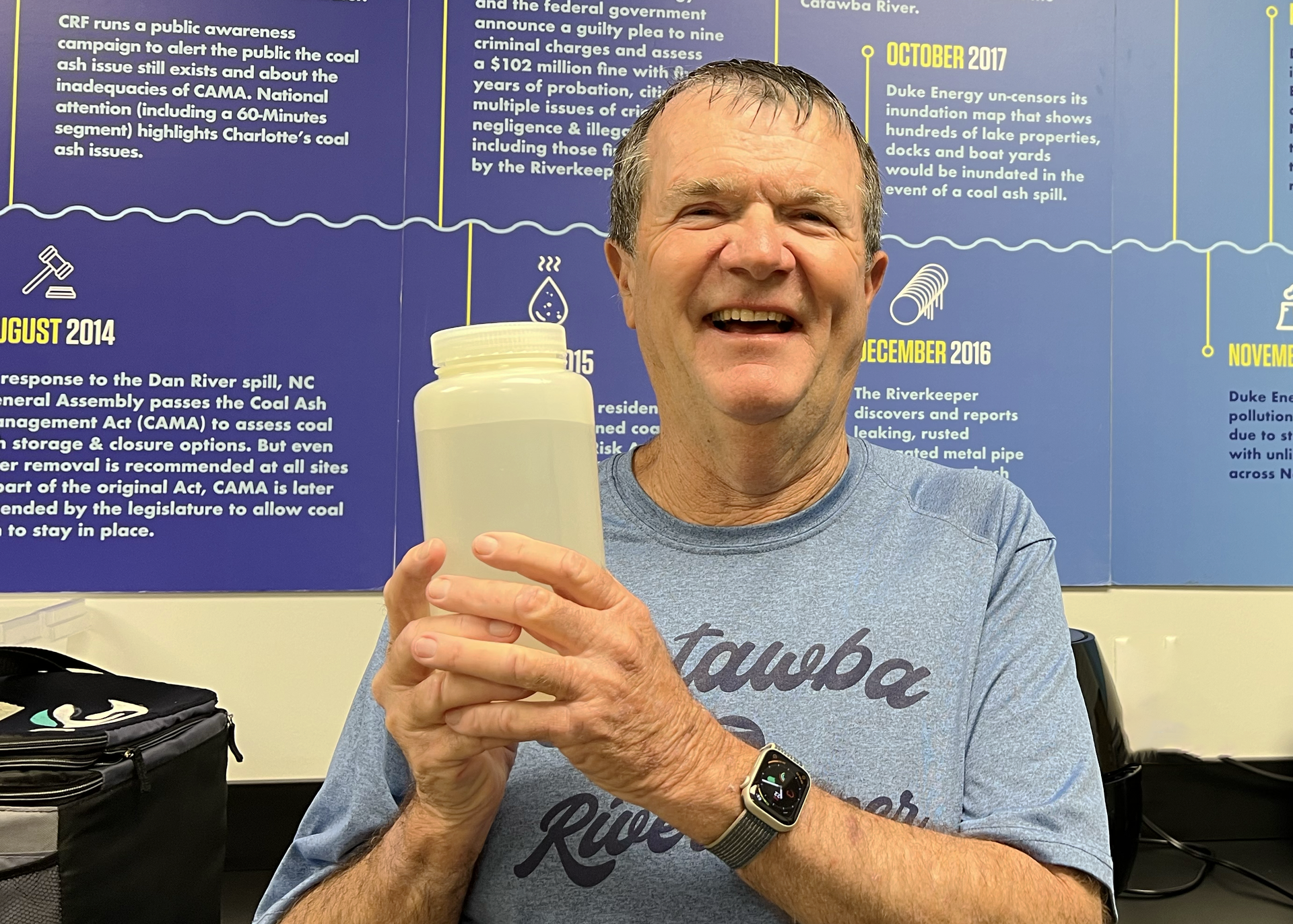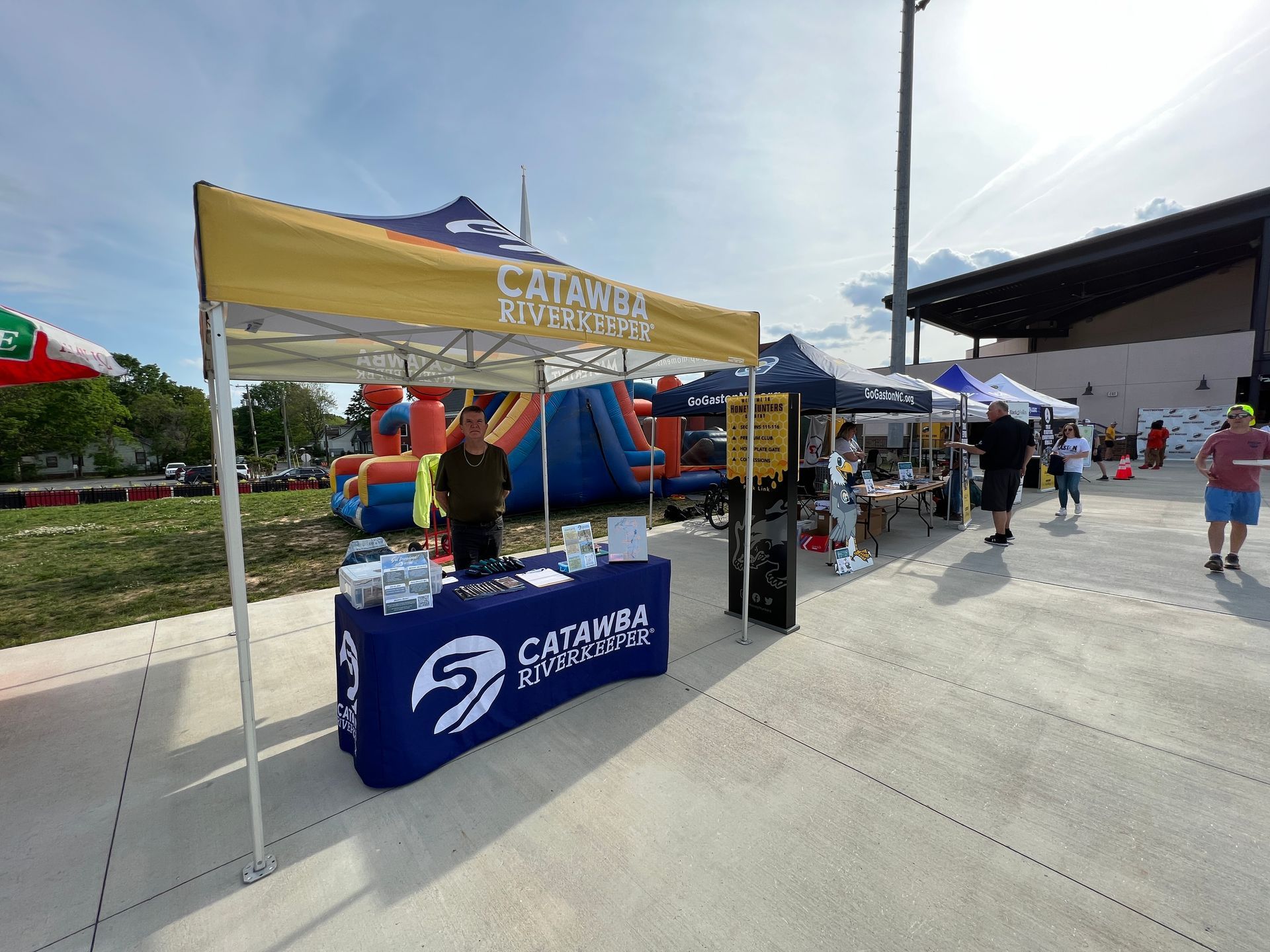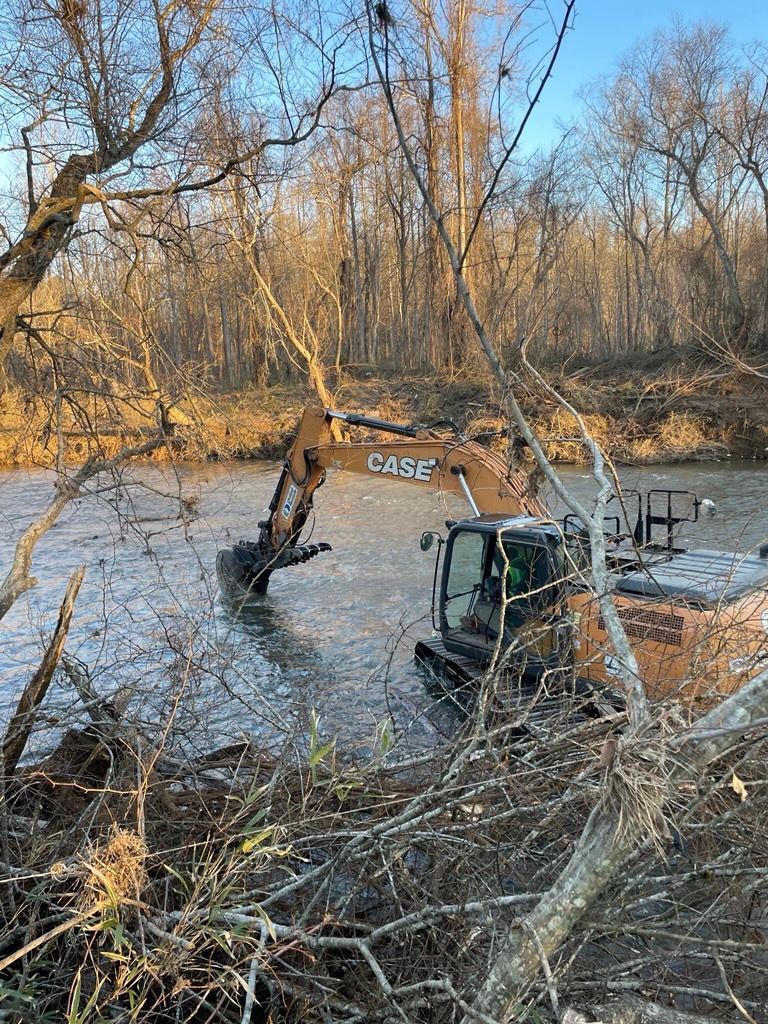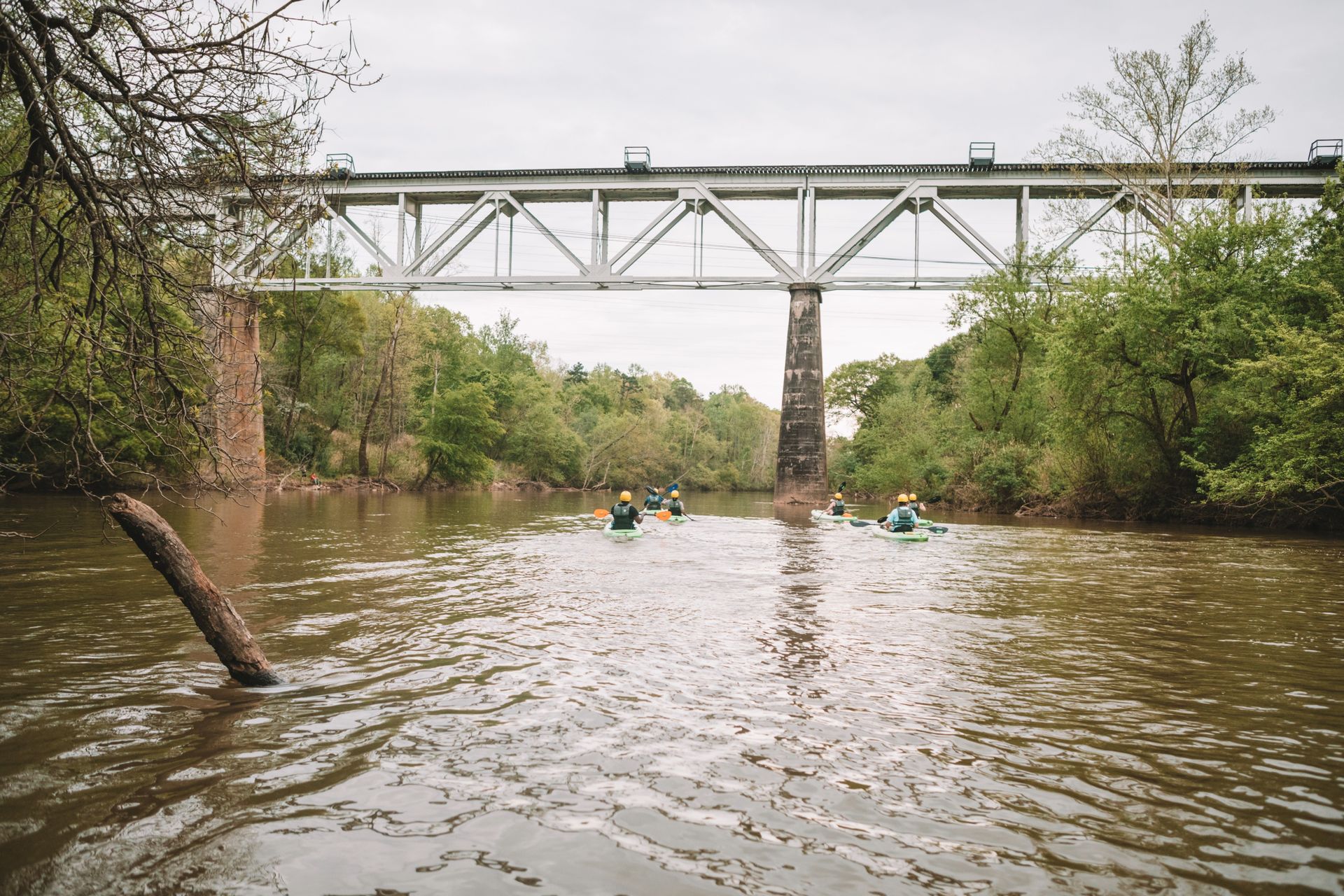An Ambassador for the River, An Example for All
2022 Volunteer of the Year, Alvin Ellison, leads by example. Policy Manager, Ryan Carter, reflects on Alvin's efforts.
The wide world of advocacy can be hard and at times downright depressing. It sometimes seems like everything is a forgone conclusion and there’s nothing we can do about it. I’m often asked, "What can I possibly do to make a difference?" The exasperation is usually more intense after I give an update on what I'm working on. Change is difficult to achieve and often takes a long time.
The key in every advocacy effort is having dedicated and tenacious citizens.
Meet Alvin. He's a long-time volunteer of Catawba Riverkeeper and seemingly every other organization in Gaston County.
When we first started our stormwater legislative push, Alvin happened to swing by the office and casually asked me about the effort. This initiative had moved faster than we had anticipated and we were in desperate need of data and narrative documentation of creeks draining central business districts. Alvin told me that his backyard backed up to one such creek. Alvin offered to take some pictures and send them over.
Then it rained.
It wasn’t the first time it had rained at Alvin’s house, but he now noticed it in a different way. Alvin showed me how just a little rain absolutely wreaked havoc on his back yard. We took a look at a map to see where all that water was coming from. The headwaters of Alvin’s backyard creek was nearly all paved over by commercial development without adequate stormwater controls. Alvin had discovered a new mission: to document the impact of stormwater on creeks in his area.
Alvin took photos of creeks before and after it rained. He recorded rain and creek levels that had monitors on them. He even adapted a tool we use to get samples from bridges for his own use. The first time Alvin sent me his findings, the file was so large it nearly crashed my computer. True story.
Alvin’s effort was monumental and helped our organization get a solid grasp on what was happening in Alvin’s part of the basin. There was one thing that Alvin did that made the biggest impact for our legislative effort.
He emailed his state legislators pictures of his yard every time it rained. You may recall we had a wet winter, so Alvin sent many emails. When I went to Raleigh early this session, Alvin’s legislators were always eager to meet with me to learn more about our effort. They didn’t just do it because I’m fun to talk to. Both Alvin’s State Senator and State Representative told me, “I have this constituent, Alvin, who keeps sending me emails about his backyard flooding when it rains. Do you know him? I’m troubled by what’s happening in my district.”
Oh, I do know Alvin!
Alvin has gone above and beyond the call of duty for our organization more than once. But he did the one thing we can all do. He spoke up. He contacted his elected officials and stayed in touch. Alvin didn’t just send an email. He sent multiple emails. His persistence was a key factor in having the Gaston County Delegation leading the charge on stormwater. While the bill didn’t pass this year, Alvin’s efforts helped set a strong foundation for our organization's legislative efforts in the future and set a great example for all of us!





